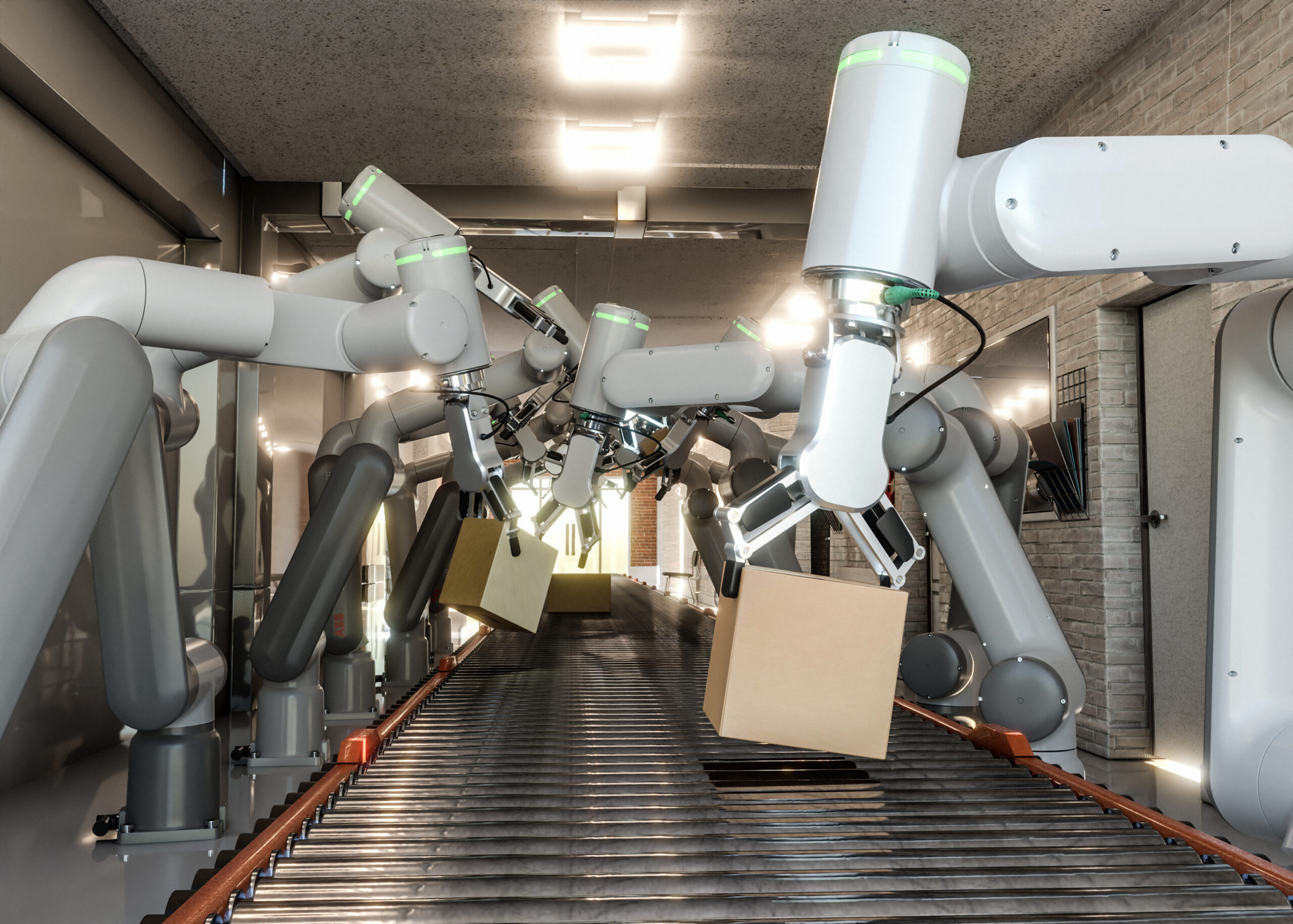When it comes to redefining the capabilities of industrial automation, intelligent technologies are at the forefront in a world where new technologies are always emerging. The term “intelliscient,” a portmanteau of “intelligent” and “omniscient,” is used to characterize systems that are designed to have an exceptional perception, run independently, and be self-aware; its purpose is to promote efficiency and innovation in many sectors.
Introduction to Intelliscient Technologies
Machine learning, the Internet of Things (IoT), robotics, and artificial intelligence (AI) are all instances of intelligent technology. The use of these technologies is critical if businesses are to achieve output and quality levels that were previously unthinkable. Intelliscient is the “next wave in industrial automation,” according to tech entrepreneur Dr. John Smith, who describes it as providing exceptional accuracy and flexibility.
The Evolution of Industrial Automation
Since its inception during the mechanical equipment age, industrial automation has come a long way. A prime example of the dogged quest for operational excellence and efficiency is the evolution of systems from the mechanical hydraulic and pneumatic ones to the modern digital wonders. Intelligent technologies offer to uncover even greater possibilities, while traditional automation sets the basis.
The Role of Intelliscient in Industrial Automation
In the vein of intelliscient, industrial processes have been accentuated as these technologies provide real-time analytics, adapt to changes, and learn from experiences without human intervention. Sarah Lee, Director of Operations, states, “Intelliscient is revolutionizing the way we look at machines – from static, programmed units to dynamic, perceptive entities.”
Advantages of Intelliscient Technologies
The benefits of integrating intelliscient solutions into industrial contexts are manifold.
Efficiency and Productivity: By automating routine tasks and optimizing processes, these technologies have significantly increased throughput and reduced overhead costs.
Quality and Consistency: The AI-driven quality control ensures consistent product standards, undeterred by the variables affecting human performance.
Flexibility and Scalability: Intelliscient systems can adjust operations in response to fluctuating demands or supply chain shifts, making them highly scalable.
Safety and Reliability: With sophisticated monitoring, these technologies enhance the safety protocols within industrial environments while bolstering the reliability of operations.
Challenges and Considerations in Adopting Intelliscient
When considering adopting intelliscient technologies, industries confront certain challenges.
Cost Implication: The initial outlay for high-end technology systems can pose financial strains on corporations.
Skilled Personnel: A workforce adept in technology is critical to managing and maintaining intelliscient systems.
Data Security: With increased reliance on data analytics, ensuring the security of sensitive information becomes imperative.
Technological Integration: Legacy systems might have compatibility issues that hinder the seamless adoption of new technologies.
Real-world Applications
Company X’s implementation of intelliscient technologies spearheaded a strategic enhancement in their automotive manufacturing processes, yielding a noteworthy uptick in production metrics.
TechCorp’s predictive maintenance for oil extractions leveraged machine learning algorithms to minimize unforeseen shutdowns, affirming the foresight that intelliscient technologies bring to the table.
Manufacturer Y’s example emphasizes the crucial role of real-time analytics in optimizing supply chain efficiency, allowing for better market responsiveness.
Logistics Firm Z’s story is a testament to the synergy between robotics and AI, orchestrating an orchestrated workflow in warehouse management and setting new paradigms in logistics operations.
Future of Intelliscient Technologies
Moving forward, intelliscient technologies stand at the forefront of a monumental pivot in industrial operations. With ongoing advancements, their scope only broadens, promising smarter, autonomous facilities. Innovation hubs around the globe are incubating ideas that could soon set new industry standards.
Conclusion
To surmise, intelliscient technologies have inaugurated a new era in industrial automation, characterized by machines that not only execute tasks but also perceive and adapt. These evolutionary strides in automation herald a future where efficiency, safety, and adaptability. These are the linchpins, and intelliscient systems are at the heart of industrial excellence. The examples and expert insights shared reflect a unanimous optimism toward the potential that these technologies hold. Indeed, as intelliscient technologies continue to converge with industrial endeavors. The pathway to a more automated and intelligent future seems inevitable.




